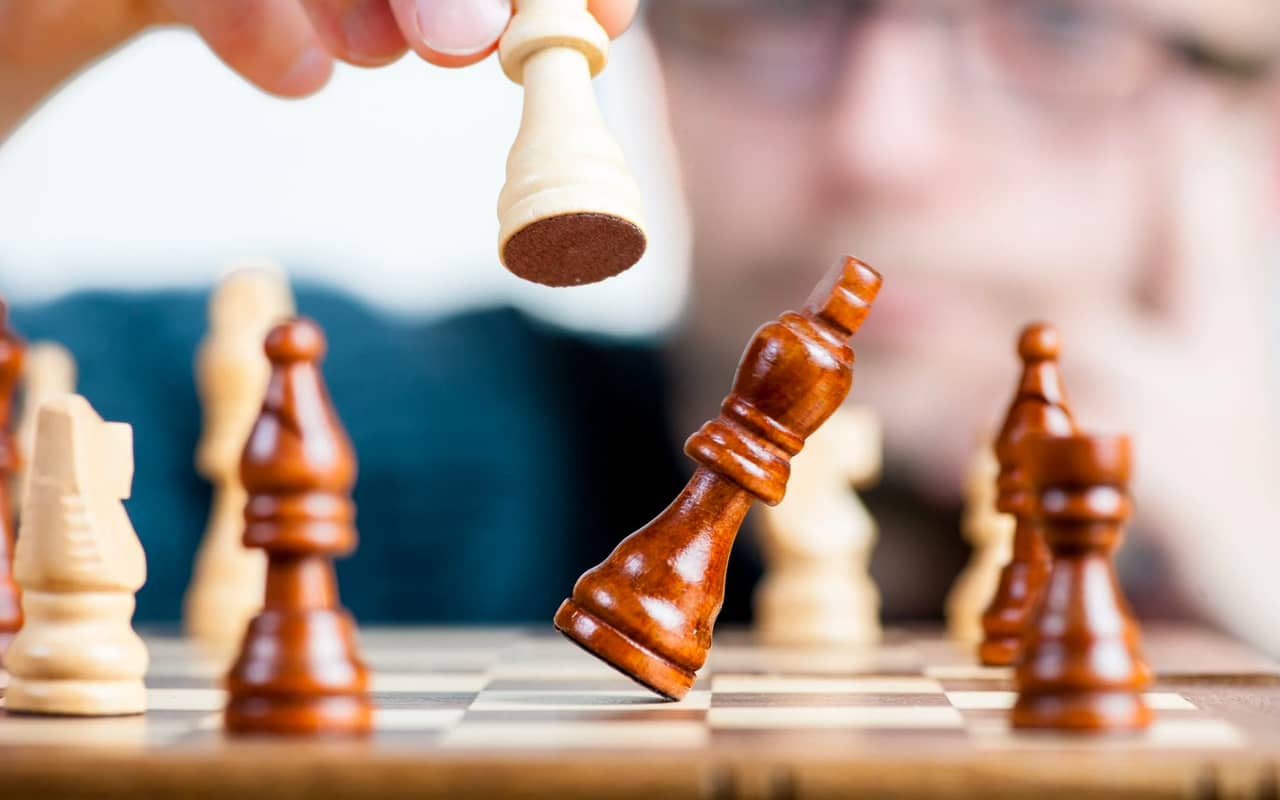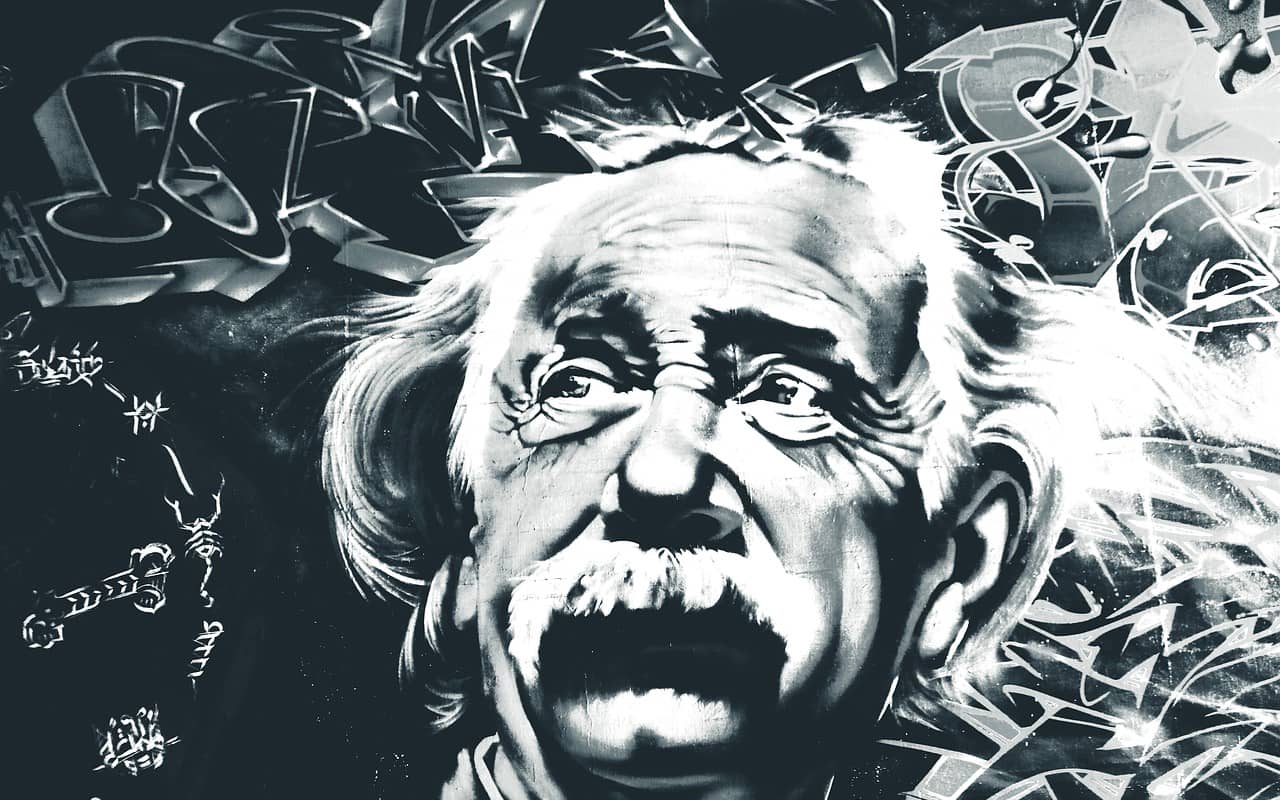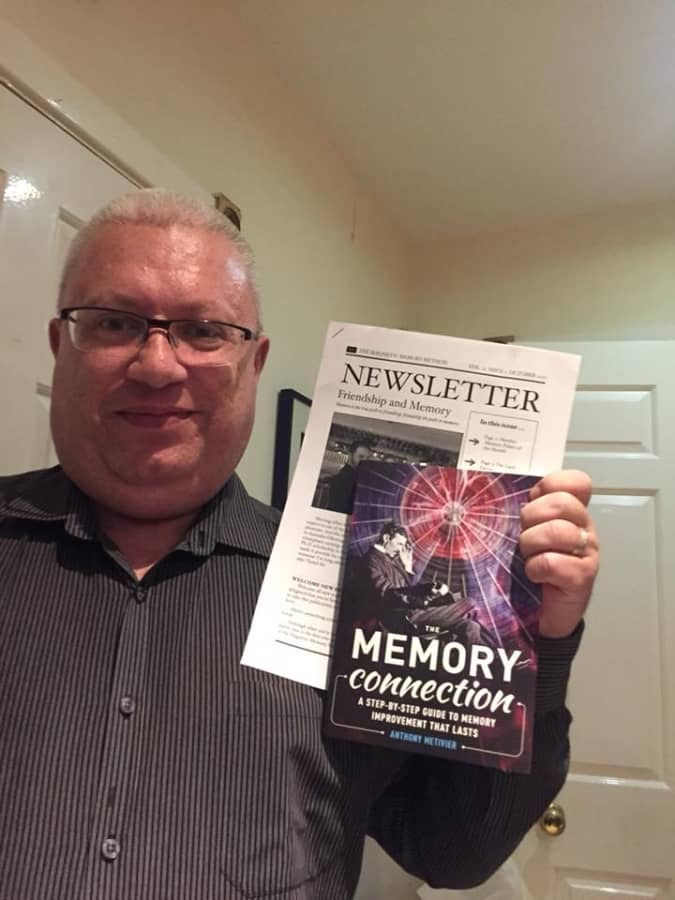 Did you know that the person with the highest IQ in the world absolutely does not rest on her laurels?
Did you know that the person with the highest IQ in the world absolutely does not rest on her laurels?
Not at all. Instead of taking it easy, she still pursues continuous learning.
As far as I’m concerned, that’s the real sign of intelligence. Along with all the other aspects you’re about to discover, people with the highest IQs rarely stop learning. That’s because intelligence is a process, not a static thing.
Despite many misconceptions, the notion of high IQ remains the subject of intrigue and fascinates scientists who focus on intelligence.
But ask yourself: What’s truly more important?
The exact scores?
Or what we can learn from how people with the highest levels of intelligence behave?
I’ll let you decide as we explore the fascinating people and the lessons we can learn from them on this page.
Who Currently Has the Highest IQ in the World?
According to my research, the person with the highest IQ is a tie between Terence Tao and Marylin vos Savant.
The Guinness Book of World Records listing says Savant has a score of 228.
Do you notice anything ironic about her name? Imagine that: having savant in your name and having such a high score on a variety of intelligent quotient tests! (In case the word isn’t familiar to you, savant comes from French and means “one eminent for learning.”
What impresses me the most about vos Savant are her accomplishments. As a columnist and writer, she practices continuous learning – even if some of her views have been controversial.
Terence Tao’s score is listed as 230, but it’s important to note that some scientists believe that intelligence scores are at least partly mythical. I would go a step further, in fact, something I suggested in my post questioning how to increase IQ.
Either way, the lessons we can learn from Tao include:
- Getting an early start
- Collaborating with other experts in your field
- Embracing complexity
- Being persistent when solving problems
What Is the Highest IQ Ever Recorded?
The reason there’s a debate between whether Tao or Vos Savant technically has the highest score is important. It’s a healthy debate, but also one that reveals the competitive nature of both individuals and groups of researchers.
The debate also brings into question the exact value of IQ as a measure. For example, Akira Haraguchi has memorized over 100,000 digits of pi. Does this impressive feat tell us anything about his IQ? Probably not.
We also need to recognize the role of public perception and stereotypes, not to mention memory biases. Some people might decide on the highest IQ ever recorded under the influence of less pleasant aspects of how the human mind sometimes operates. No matter how much data you show them, they still might argue irrationally about it.
By the same token, IQ tests vary. The exact scoring style of these individual tests can change, including the members of the administrative bodies and how they arrange the testing conditions.
We should also consider the possibility that the person who truly has the highest IQ in the world… that person might be smart enough to avoid “vanity metrics” altogether. Or, they might be smart enough to spend their time on other aspects of the personal potential.
With that in mind, let’s look at other people who have been scored and think about the lessons we can learn from their lives.
Life Lessons From 10 People With the Highest IQs Throughout History
As we go through this list, I have not placed them in any special order of scale or importance. All of these people are interesting and reveal lessons about how to live an interesting life.
One: Chris Hirata
With an IQ of 225, Chris Hirata started competing at a young age. For example, he was just 13 when he took gold at the 1996 International Physics Olympiad.
His story reveals the importance of early exposure to intellectual challenges.
Two: Gary Kasparov
Chess Grandmaster Gary Kasparov’s IQ has been listed at 194.
When asked how long it takes to get good at chess, his answers focus not on the amount of time, but on what you do with the time. He suggests:
- Developing pattern recognition
- Practicing with a physical board instead of digital
- Playing in a club
- Practicing with a timer
- Memorize openings, but focus more on endgames
- Work on your mental strength
These are all great tips for chess and beyond!
Three: Kim Ung-Yong
Kim Ung-Yong is a South Korean civil engineer with an IQ of 210.
His story reveals the power of interdisciplinary study and nurturing your mind on a daily basis.
Ung-Yong has also advocated for taking high IQ with a grain of salt. He’s pointed out that he has no musical or sports talent and that people with high IQ are far from omnipotent.
His comments highlight the importance of humility, something we all need.
Four: William James Sidis
William James Sidis has only an estimated IQ of 250-300.
According to legend, he taught himself Latin at age three. But as Amy Wallace suggests in her biography, The Prodigy, Sidis was not comfortable with his mental skills. He had few friends, so how much he would have used the language is unknown.
She says that Sidis was a contradictory person:
Certainly he was very eccentric, and in many ways a neurotic man. But at the core of his mind he was remarkably healthy and strong.
Are there any lessons we can learn from his life story?
Yes. We need more social development. And we need to compare it with the lives of other people who have experienced turbulence as a result of their gifts. For example, compares his story with Jill Price, who is said to have photographic memory. She seems to have left a life of unease as a result of it.
Another lesson we can learn is that there are no guarantees in life. Blessings can be curses. And the world doesn’t necessarily reward you just for being smart. You also need to provide value.
Five: Judit Polgár
This Hungarian chess grandmaster is considered the strongest female player of all time.
Her story includes the power of dedication and commitment, and also resilience. She has had to put up with countless stereotypes about her gender.
Not only that, but her father believed that geniuses are made, not born. As Carlin Flora put in Psychology Today, she grew up in a chess cocoon.
Six: Albert Einstein
People estimate that Einstein’s IQ was between 160 and 190.
Although we can certainly learn from his relentless curiosity and willingness to think in creative ways, it’s also important to acknowledge that chance played a role in some of his most important discoveries.
We should also observe that he invested a lot into his friendships. Palle Yourgrau’s A World Without Time documents the value of this friendship succinctly. It’s also a great study of interpersonal and intrapersonal intelligence.
Seven: Richard Feynman
The most important part of this physicists’ genius is not his 135 IQ.
It’s his humility.
He once said:
It is my task to convince you not to turn away [from physics] because you don’t understand it. You see, my students don’t understand it either. That’s because I don’t understand it. Nobody does.
It takes a very smart person to be able to admit that.
Eight: Nikola Tesla
Tesla’s IQ is believed to have been somewhere between 160 and 310.
As an icon of imagination, innovation and taking time to practice visualization exercises, he’s a personal hero of mine.
That’s just one reason I put him on the cover of my book, The Memory Connection. Here you can see Paul Deery with his copy and Tesla on the cover.
Would you like a copy? Check out the Magnetic Memory Method store.
Nine: Mira Sorvino
Check out this clip with actress Mira Sorvino for a big tip on how you can cultivate your own personal genius:
Did you catch it?
It’s using journaling for self-improvement.
Her IQ is listed as 125, but the most important thing is that she took action and using a journal is one of the most impactful ways to improve the more important scores you want to increase in the game of life.
Ten: James Woods
I wasn’t even remotely surprised when I saw that James Woods has an IQ of 184.
He brings a cerebral edge to all of his roles, but especially David Cronenberg’s Videodrome.
In addition to his many acting accolades, he was an executive producer on Christopher Nolan’s Oppenheimer. As a former Film Studies professor, that’s what I call a smart bet.
And that’s the lesson: Widen your options.
By investing in multiple streams of income outside of your main career, you increase your security. This is especially important in troubled times like ours.
Still Want The Highest IQ In The World?
As we’ve seen, being smart can make life very interesting.
But it’s hardly a guarantee of success.
If anything, the lessons we’ve learned today show that you need to take action, no matter how smart you might be.
And even really smart people can sometimes wind up leading lives of despair.
Memory and intelligence are definitely connected, but it’s what you do with the intelligence you have that matters. It’s about the actions you take after you read the best books that boost your brain.
If you’d like to not only remember more about the lessons you’ve discovered today, but also translate your knowledge into action, get my FREE Memory Improvement Kit today:
It will help you remember facts like who has the highest IQ score on trivia night, if that’s your wish.
But taking steps to improve your memory can also do so much more.
You can win a memory championship, learn more than one language at once or get a raise.
It’s completely up to you.
The important thing is to think it through before you choose.
Related Posts
- Memory Athlete Braden Adams On The Benefits Of Memory Competition
Braden Adams is one of the most impressive memory athletes of recent times. Learn to…
- 2019 Canadian Memory Champion Reveals His Memory Secrets
James Gerwing completed the Magnetic Memory Method Masterclass a while ago. In 2019, he became…
- Memory Training Secrets with 3x Memory Champion John Graham
John Graham, 3x USA Memory Champion, teaches you the memory training tactics and habits that…









